Problem-Solving Skills Normal Math Worksheets for Ages 4-9
71 filtered results
-
From - To
Our "Problem-Solving Skills: Normal Math Worksheets" for ages 4-9 are expertly designed to enhance your child's critical thinking and analytical abilities. These carefully crafted worksheets cover a variety of math topics and provide engaging, age-appropriate challenges that promote logical reasoning and independence. Whether your child is just beginning their mathematical journey or looking to sharpen their problem-solving skills, our worksheets provide the perfect mix of fun and learning. Empower your young learner with essential skills for academic success. Visit to explore and download these invaluable resources to make math a thrilling adventure for your child.
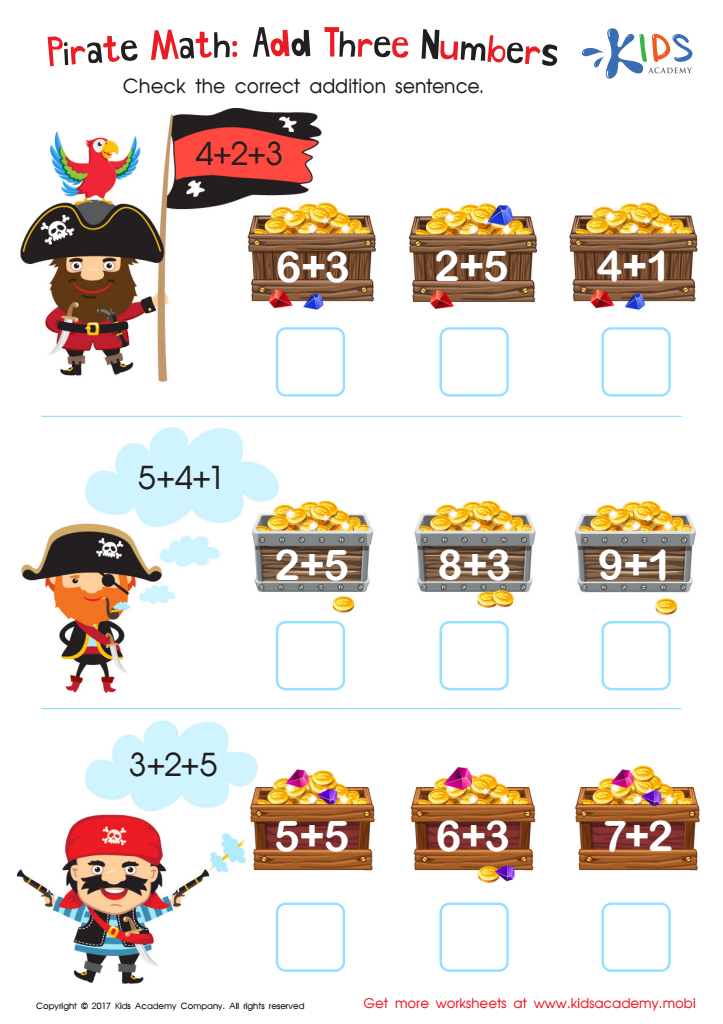

Pirate Math Printable
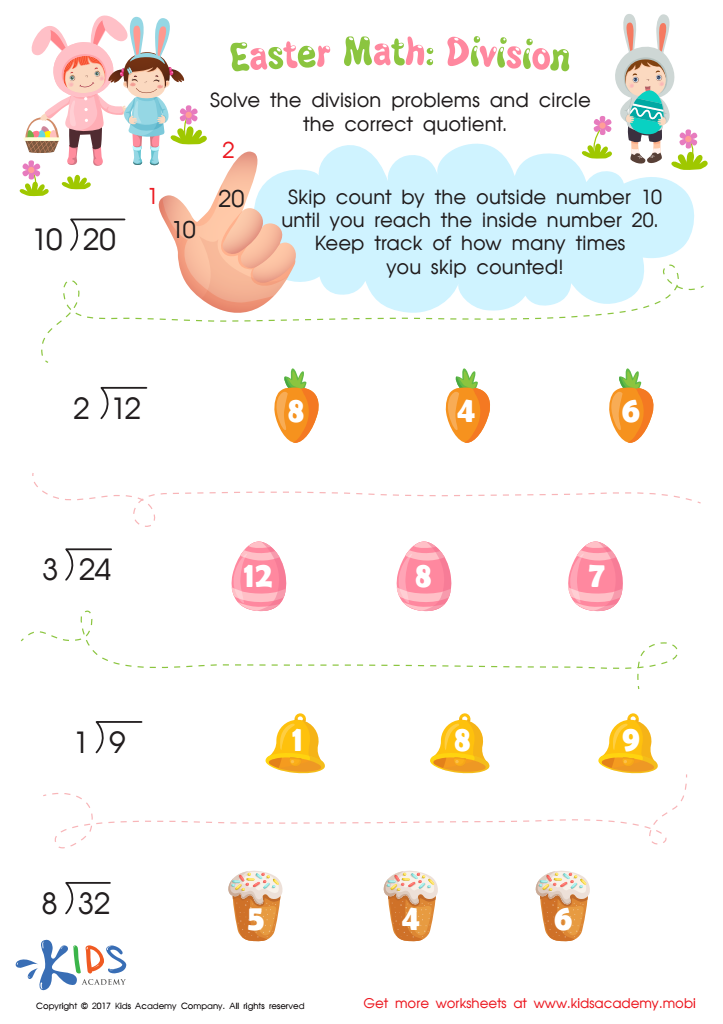

Division Worksheet
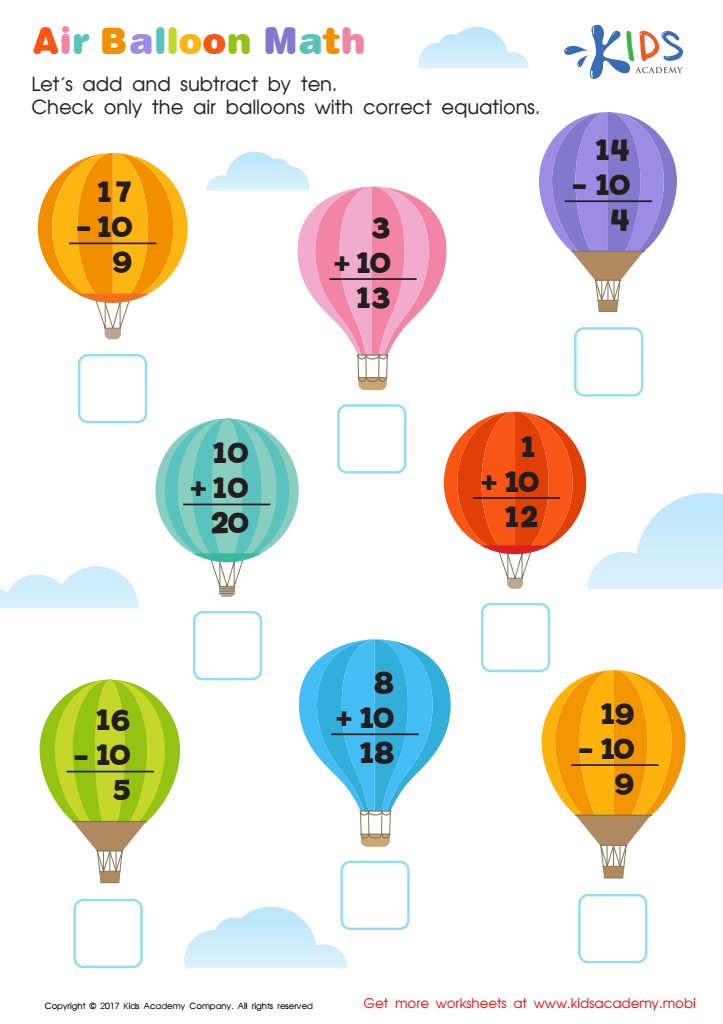

Air Balloon Math Worksheet
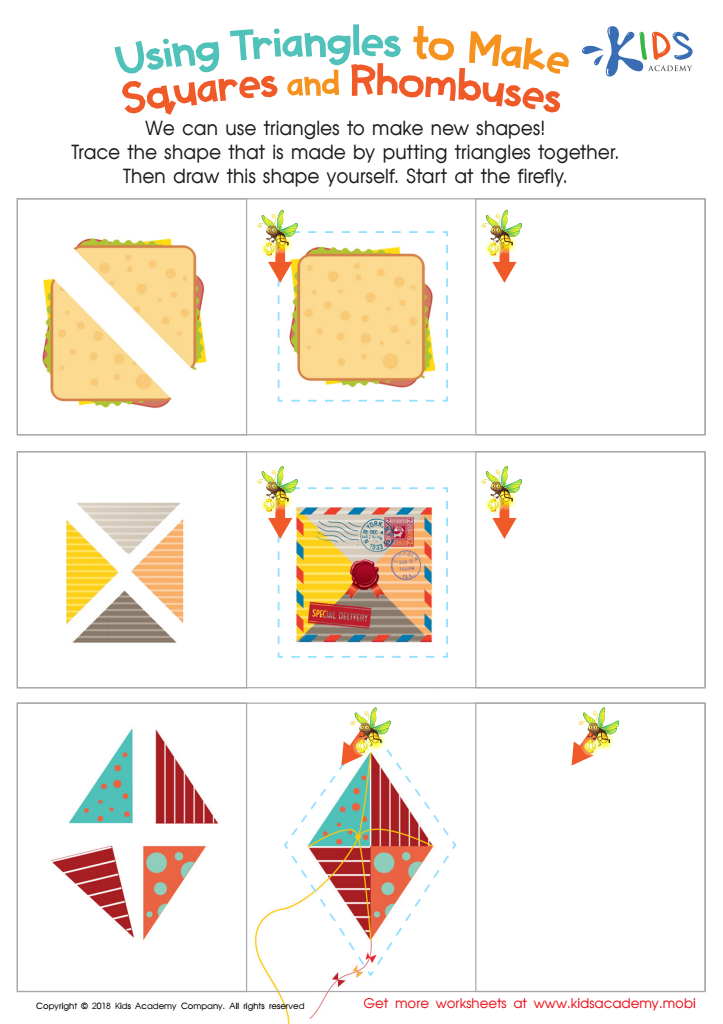

Using Triangles to Make Squares and Rhombuses Worksheet


Tricky Problems Worksheet: Part 1
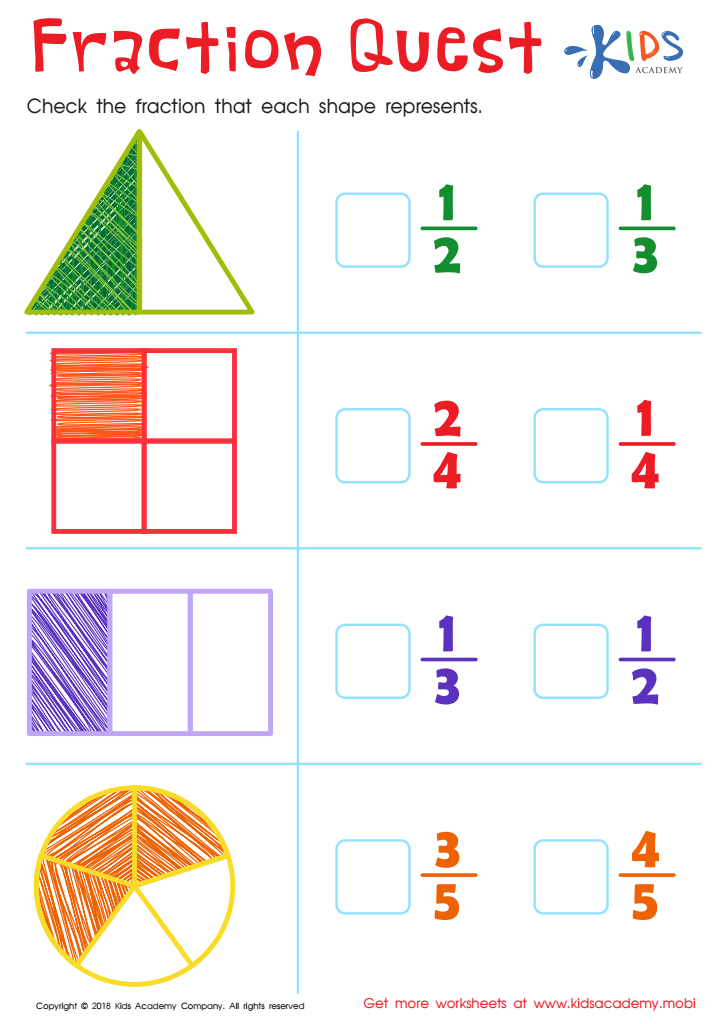

Fraction Quest Worksheet


Sightseeing 2-Step Word Problems Worksheet
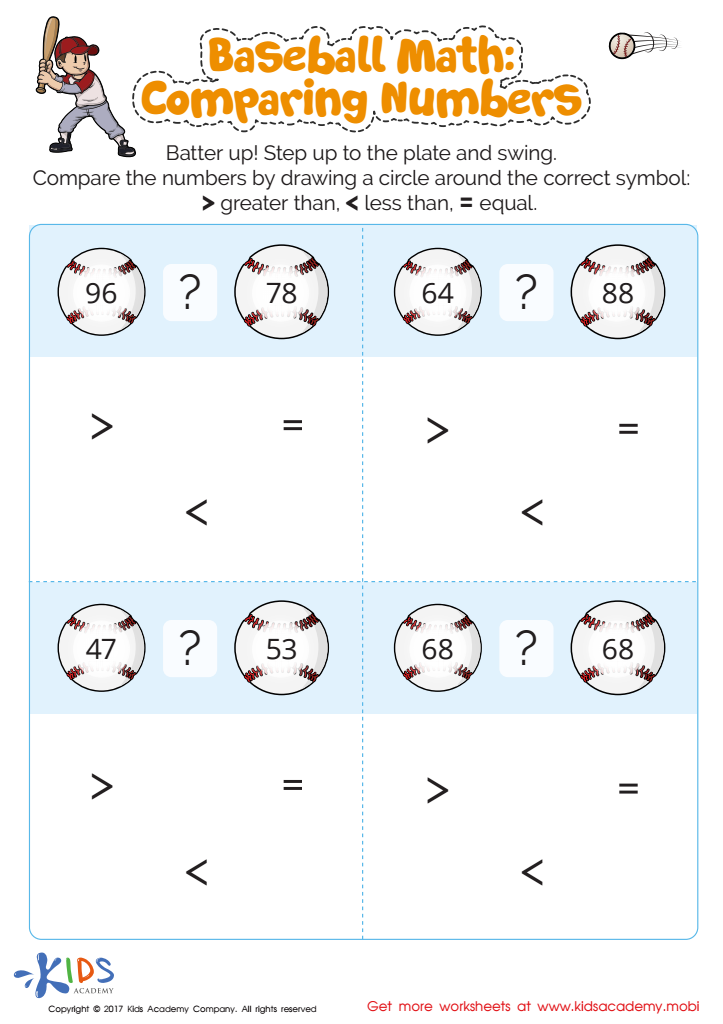

Compare Numbers Printable
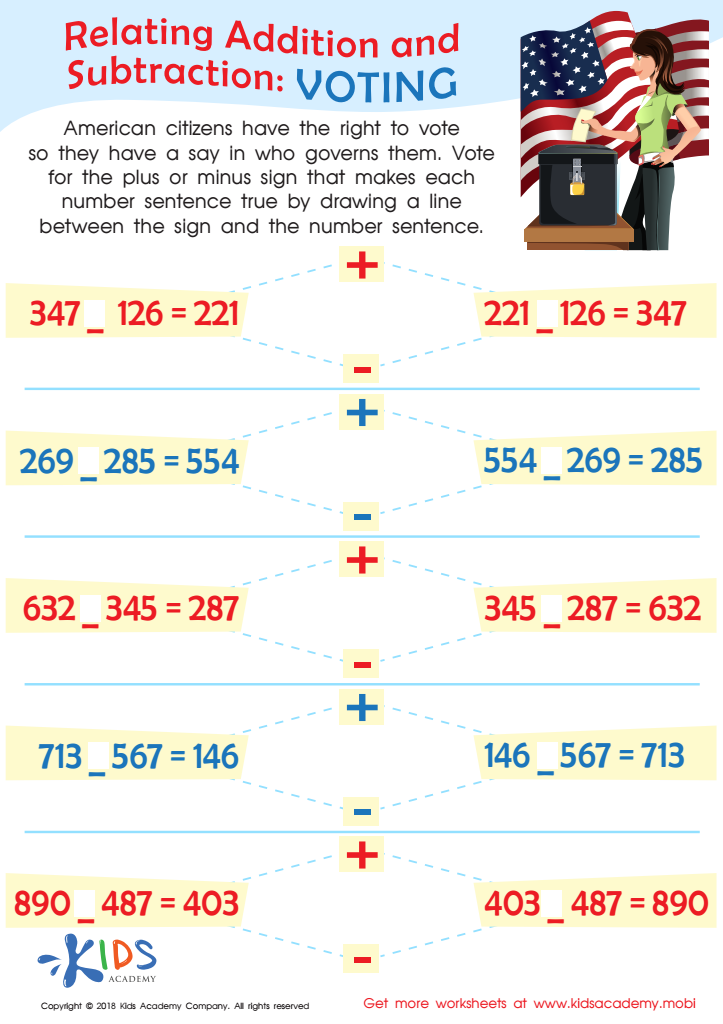

Voting Worksheet


Enrichment -2 Step Word Problems Worksheet


7 Continents and 7 Seas Worksheet
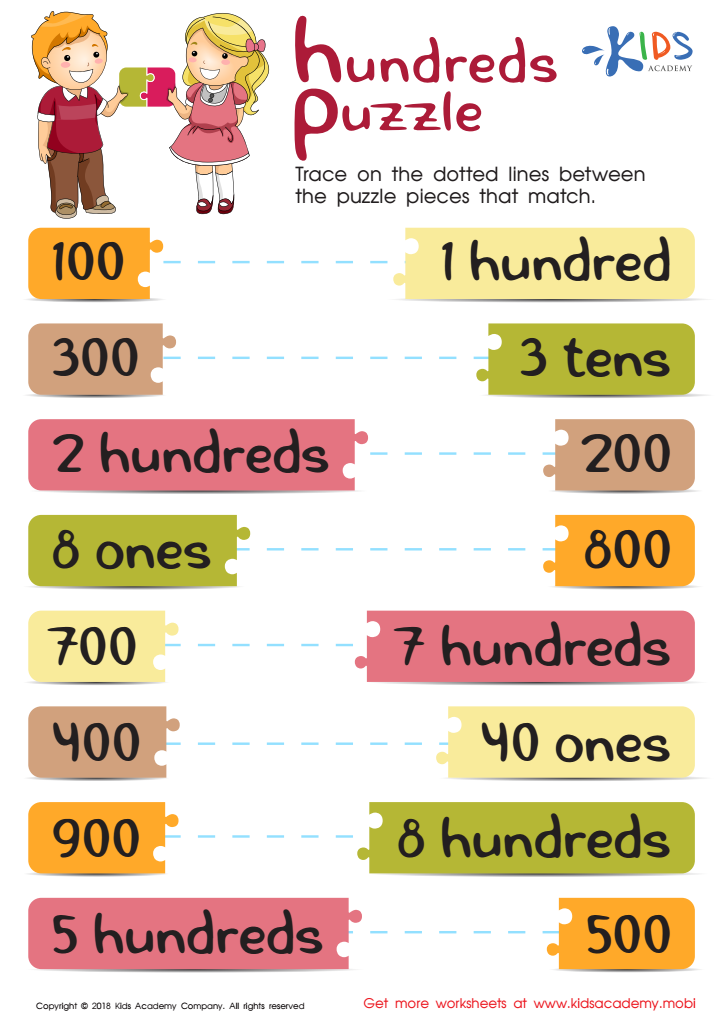

Hundreds Puzzle Worksheet
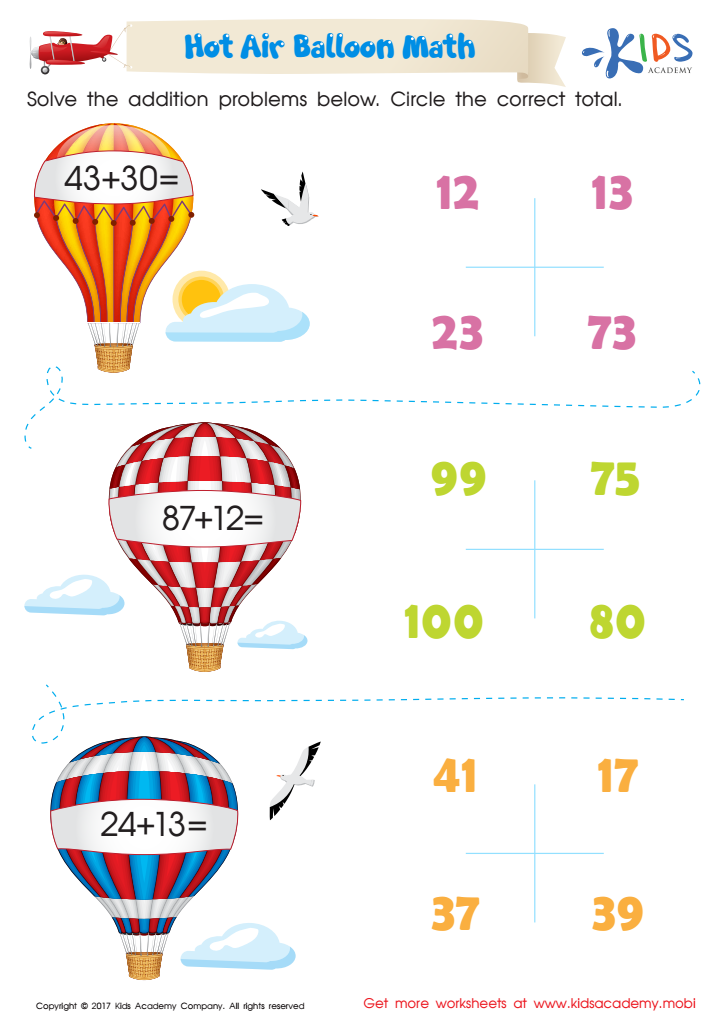

Hot Air Balloon Math Worksheet
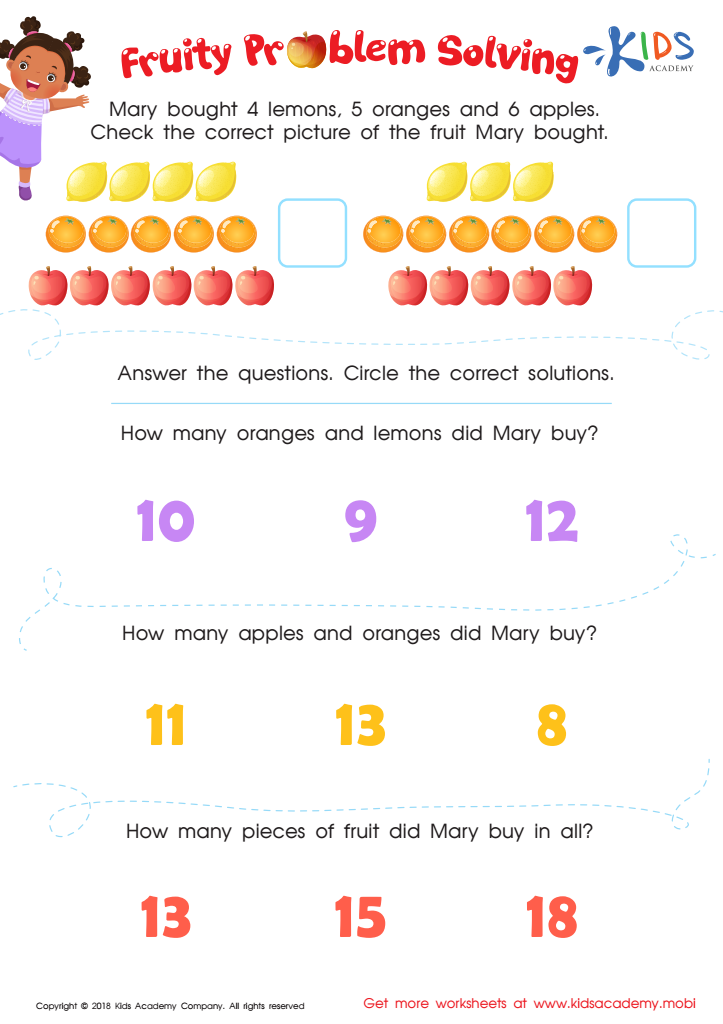

Fruity Problem Solving Worksheet
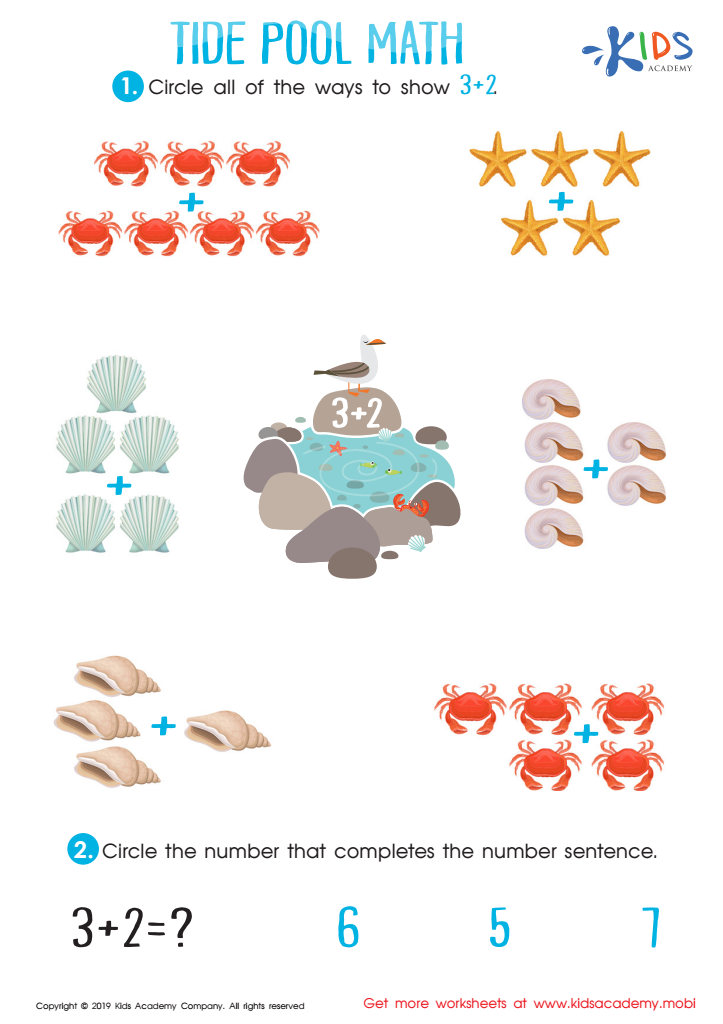

Tide Pool Math Worksheet
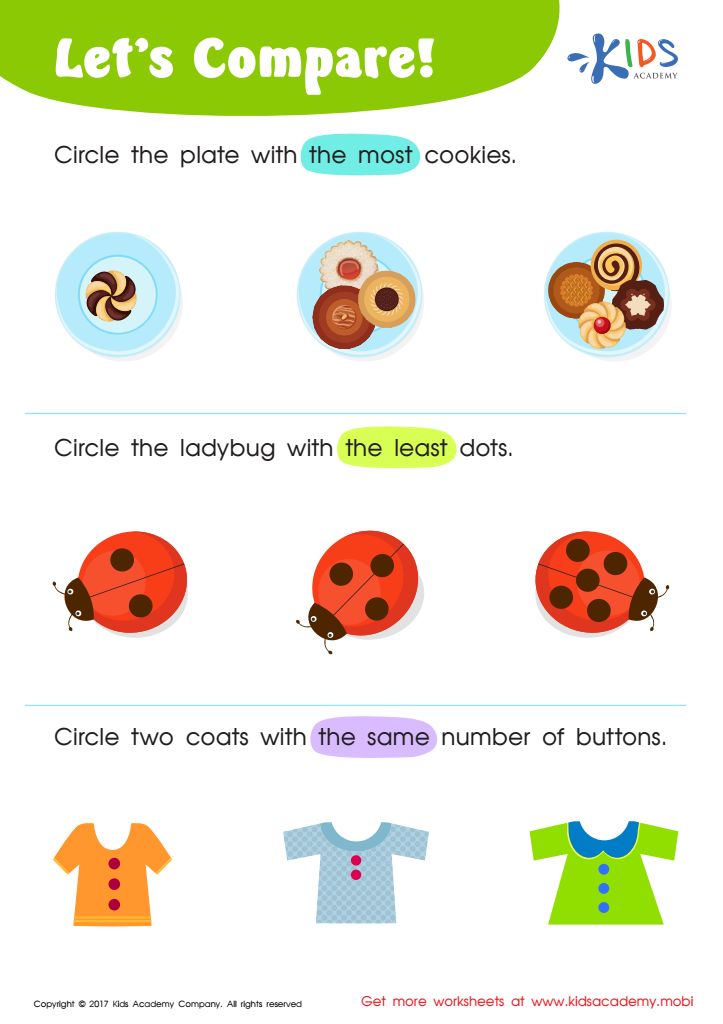

Matching: Classifying Toys by Size Worksheet


Tricky Problems Worksheet: Part 2
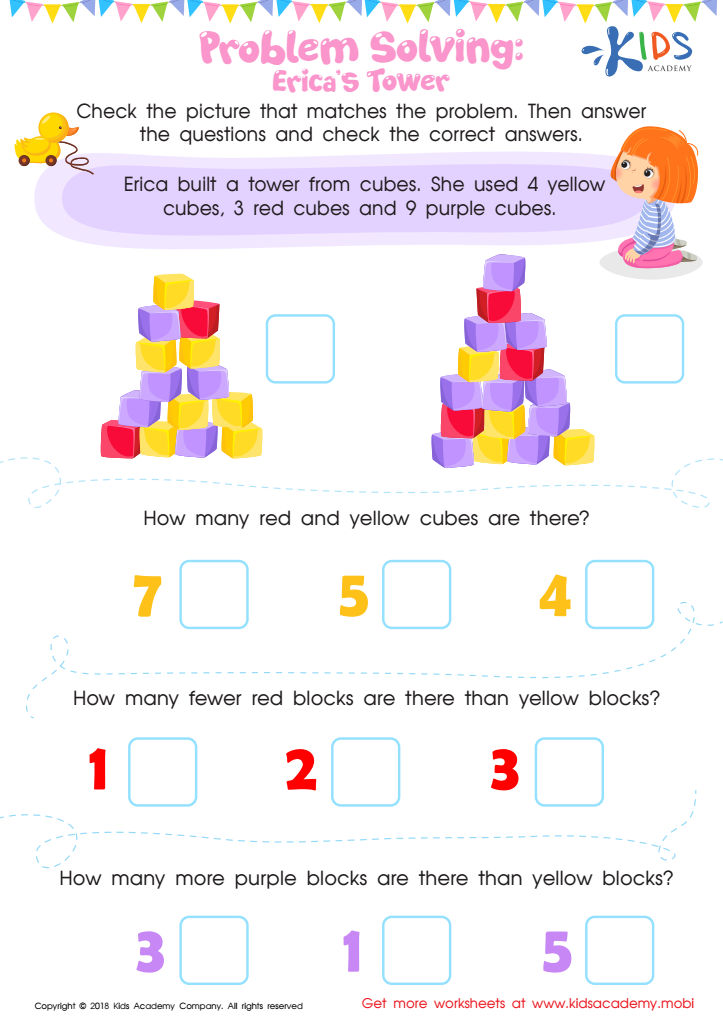

Problem Solving: Erica's Tower Worksheet
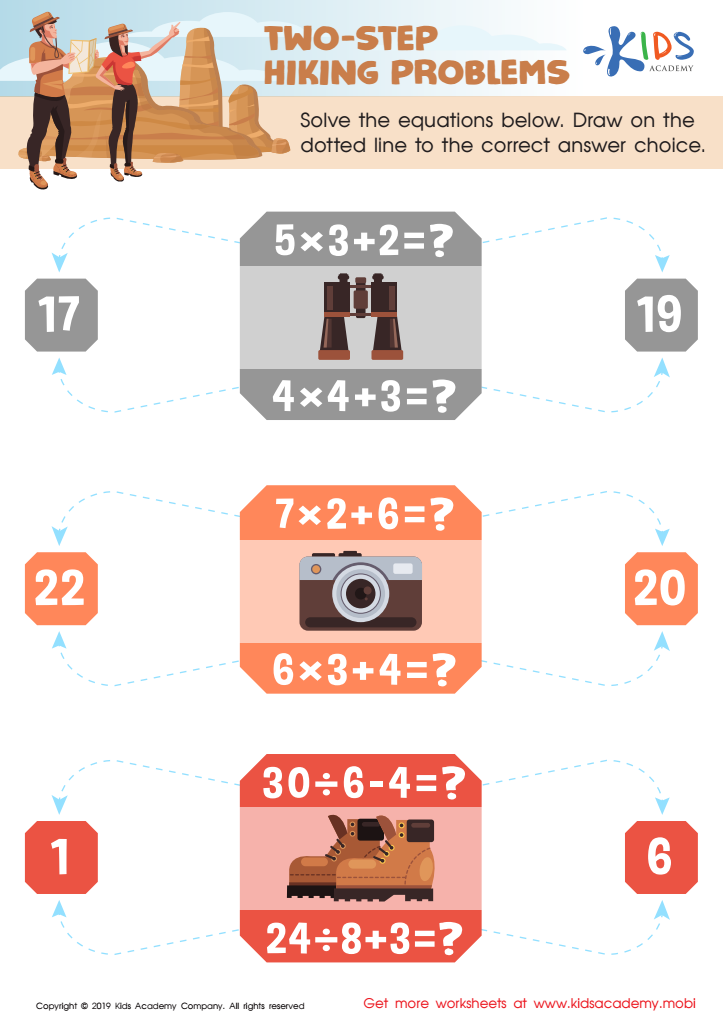

Two-Step Hiking Problems Worksheet
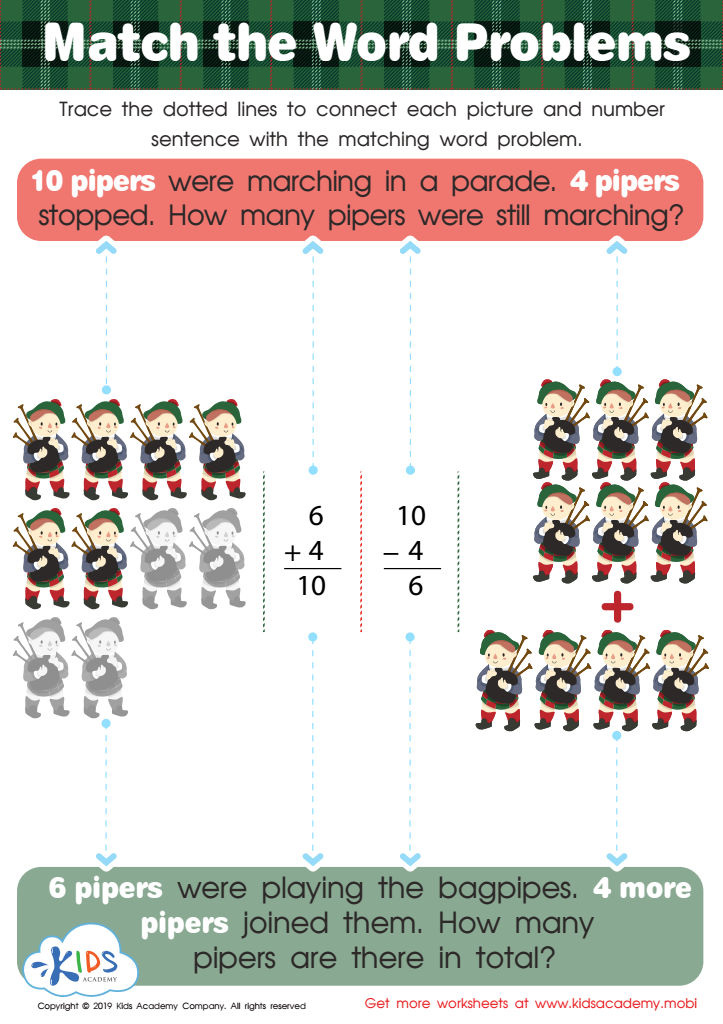

Match the Word Problems Worksheet
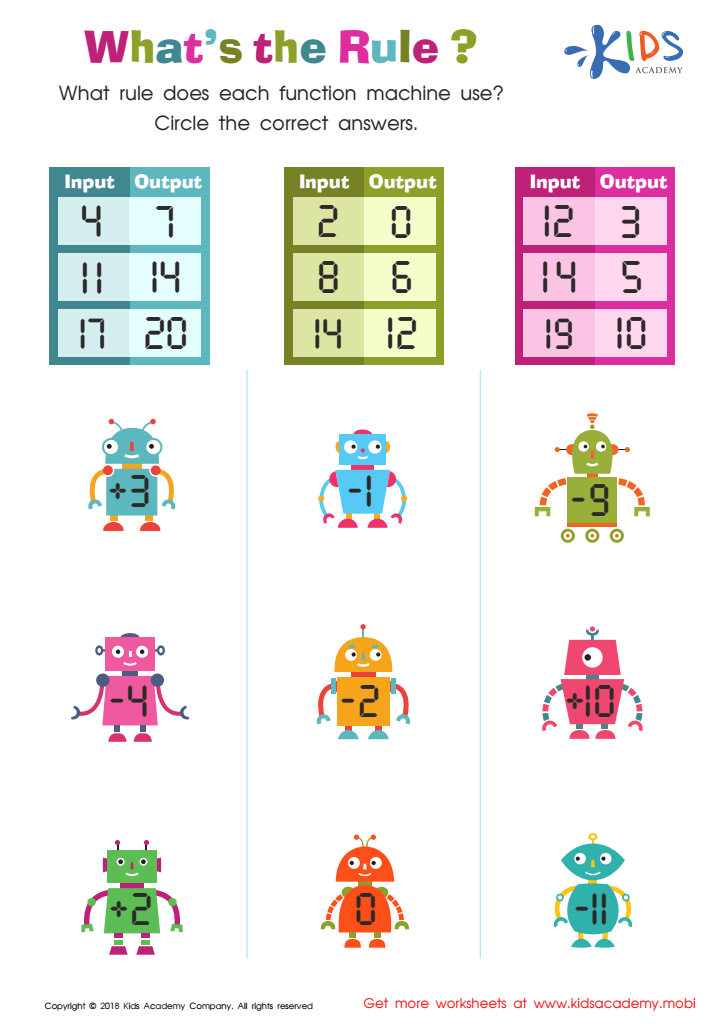

What's the Rule Worksheet
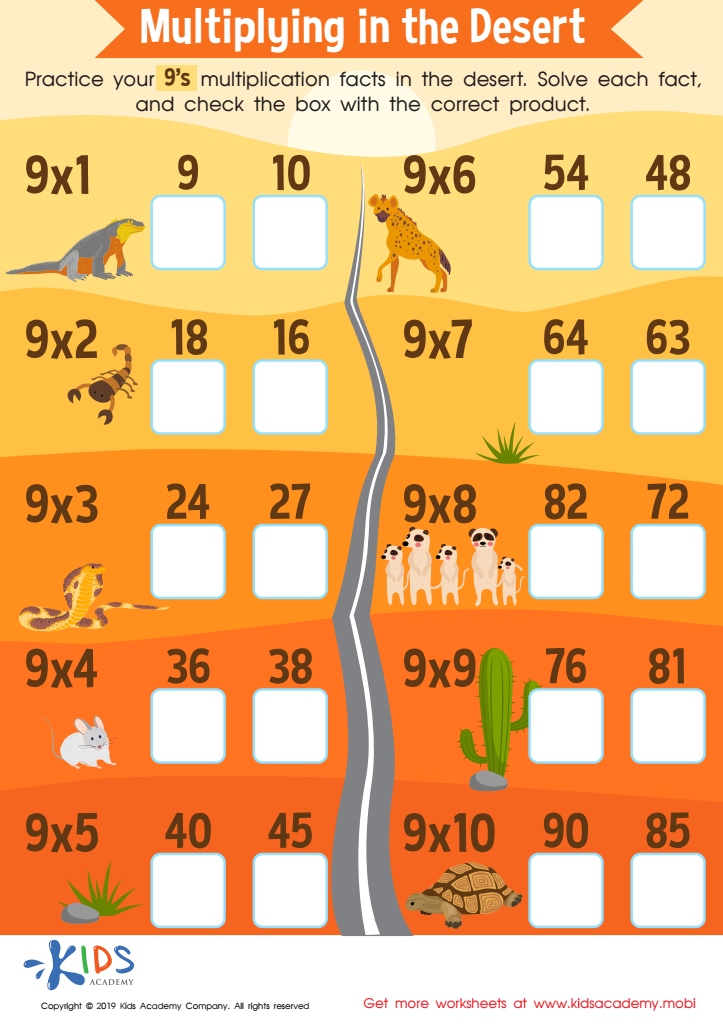

Multiplying in the Desert Worksheet
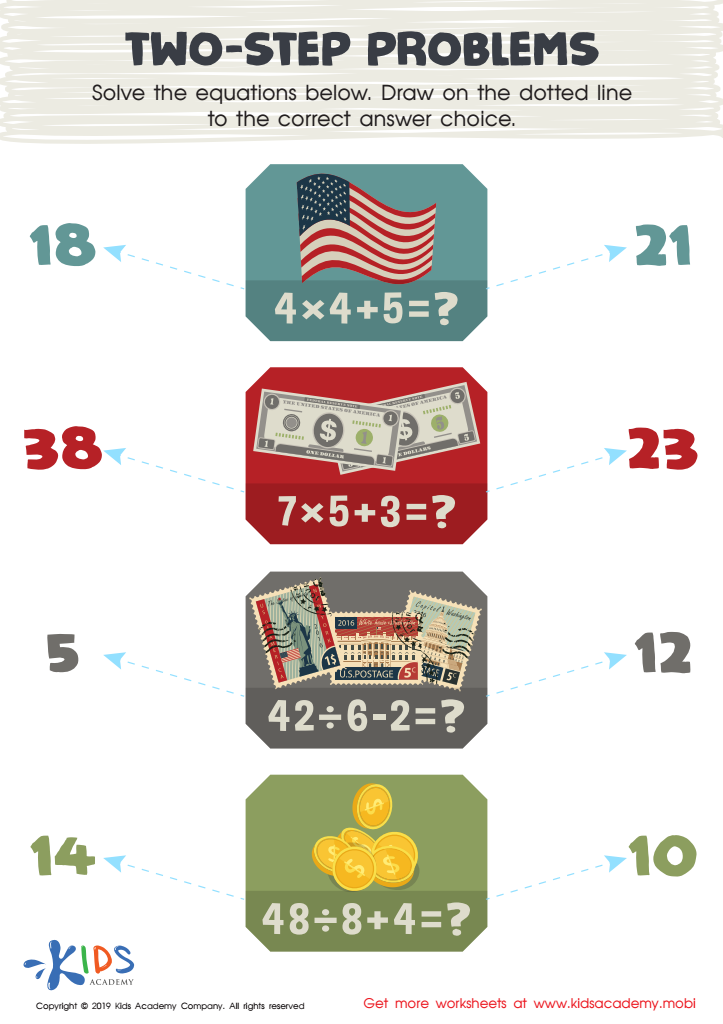

Two-Step Problems Worksheet


Make the Same Pattern Worksheet
Problem-solving skills in math are fundamental for children aged 4-9 because they lay the foundation for critical thinking and cognitive development. At this early age, children's brains are incredibly receptive to new information, and enhancing their problem-solving abilities can significantly impact their overall intellectual growth.
First, solving math problems helps children understand basic mathematical concepts such as addition, subtraction, multiplication, and division. These are essential building blocks for more complex math topics they will encounter in later grades. Moreover, problem-solving involves logical thinking and pattern recognition, skills that are not only useful in math, but also in everyday life situations and decision-making processes.
Second, engaging in problem-solving activities fosters patience and perseverance. Children learn that it's okay to make mistakes and that these mistakes are part of the learning process. This resilience is crucial for their emotional and social development.
Lastly, honing problem-solving skills at a young age promotes confidence and independence. When children solve problems, they experience a sense of achievement, boosting their self-esteem. This confidence carries over into other areas of learning and life, encouraging a positive attitude towards challenges.
Therefore, parents and teachers should prioritize developing problem-solving skills in early math lessons to support children's academic, emotional, and social development.
 Assign to My Students
Assign to My Students

















